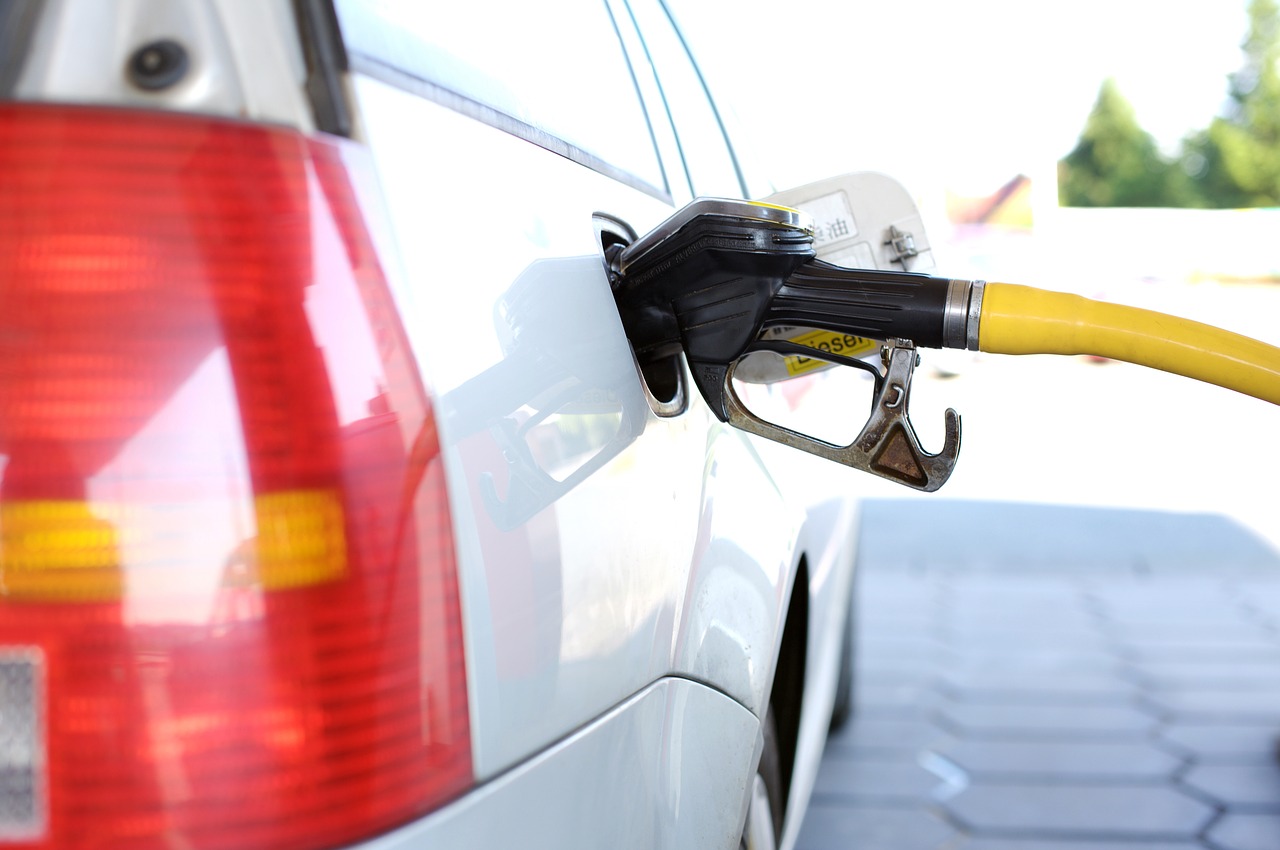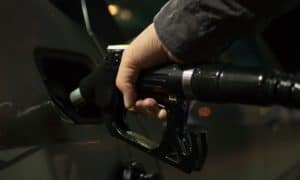The rising oil price has become a headache for the Modi Government as it is directly impacting the people. Everyday change in prices and the super taxation has also been criticized already.
High Taxation and then the Rise in Crude Oil Price
Oil products are the ones that are taxed heavily and certainly the most. With more than 100% of tax levied on a single liter of petrol, it makes a generally cheap petrol of Rs 26 to a rocket high rate of Rs 71. Excise tax and VAT are the two taxes that makes the price too high. Also, the current tremor in Arab politics and the voluntary cut down of oil production by OPEC has also impacted the rise in oil prices.
The current crude oil price is $58.7 or Rs 3758 which fluctuates every now and then. As the government has left the oil prices in India to regulate automatically, a rise in crude oil price is directly impacting the petrol prices in India. The petrol price today in Delhi was Rs 69.43 while the diesel price was Rs 58.3.
Crude Oil closes at its highest level in over 2 years: $58. It was down over 20% on the year in mid-June, now up 8%. pic.twitter.com/peWYpU4PyL
— Charlie Bilello (@charliebilello) November 22, 2017
The government is finding difficulty in coping up with the oil prices. If it tries to control the oil price rise, it has to bear huge losses on taxes and if it left as it is then it becomes a burden on people resulting in anger among the citizens. The crude oil price rise also impacts the forex treasury of the government.
Oil Price Rise Certainly a Headache for the Government
The rise in crude oil price is certainly a headache for the government. India imports 157.5 crore barrels of crude oil annually. In FY 2017, India had an import bill of $86 billion. A $ rise in oil price may result in extra pressure on the government as it will have to pay $8-10 billion more. This eventually creates pressure on the forex reserve thus leading to rise in inflation.
The direct impact on treasury hinders investment in infrastructure that the government is currently focusing on. To get rid of Arab hegemony on oil, India ordered its first shipment of oil from the United States few months back which costs quite less than the oil supplied by Arab countries.
Need of Corrective Measures
In the recent month, the sharp rise in petrol prices to Rs 80 a liter has created trouble for the central and state government as they had to reduce VAT rates in order to cool down the anger of people. The government is also mulling to take oil into the ambit of GST as it will reduce the rate to a greater extent which the states are quite reluctant to accept.
The global prices have been kind to the Modi government and now there is a need to come up with a permanent solution on this price rise as the major elections are about to come in next year and thereafter. A price rise in petrol will be dangerous for the Modi government as it had fought the last election on inflation and high oil prices.














Pingback: RBI Maintains Status Quo on Repo Rates, Sensex And Nifty Tanks
Pingback: Brent Oil Price Rise to 2-Year High Above $65